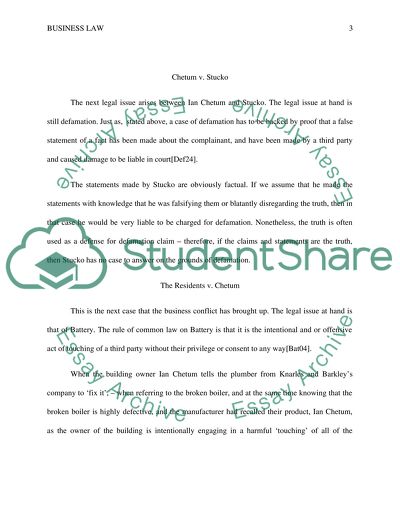Cite this document
(Business Law: The Case Between Knarles and Ian Chetum Study, n.d.)
Business Law: The Case Between Knarles and Ian Chetum Study. Retrieved from https://studentshare.org/law/1443627-business-law-final-case-study
Business Law: The Case Between Knarles and Ian Chetum Study. Retrieved from https://studentshare.org/law/1443627-business-law-final-case-study
(Business Law: The Case Between Knarles and Ian Chetum Study)
Business Law: The Case Between Knarles and Ian Chetum Study. https://studentshare.org/law/1443627-business-law-final-case-study.
Business Law: The Case Between Knarles and Ian Chetum Study. https://studentshare.org/law/1443627-business-law-final-case-study.
“Business Law: The Case Between Knarles and Ian Chetum Study”, n.d. https://studentshare.org/law/1443627-business-law-final-case-study.


